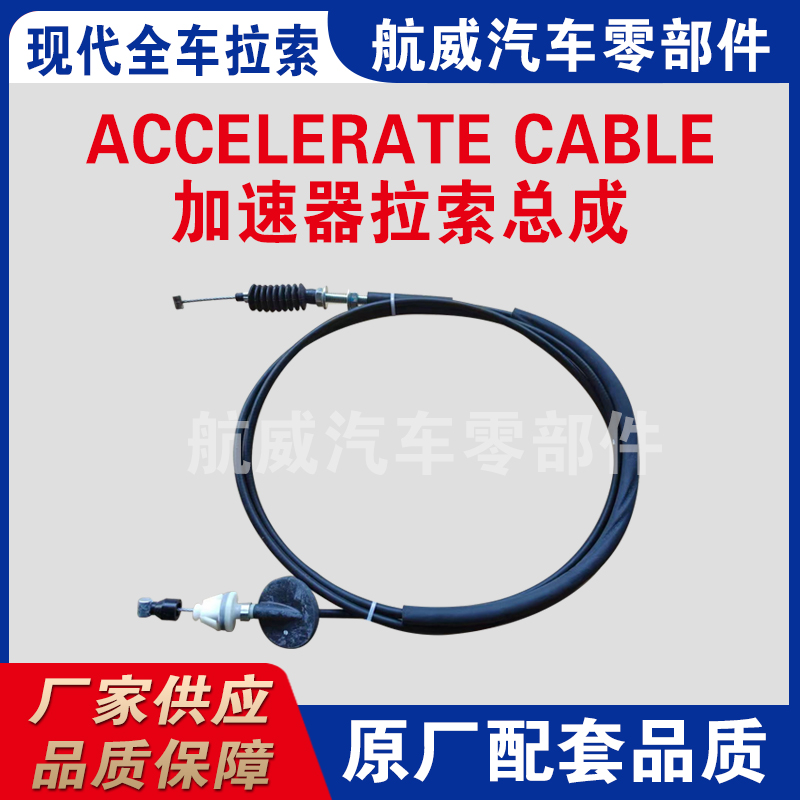Considerations for Selecting a Reliable Clutch Fluid Hose for Your Vehicle
Understanding Clutch Fluid Hoses Importance and Maintenance
When it comes to vehicle performance, every component plays a critical role, and the clutch system is no exception. At the heart of this system lies the clutch fluid hose, an integral part that ensures the smooth operation of your vehicle's clutch. Understanding its function, importance, and maintenance can significantly enhance your driving experience and prolong the lifespan of your vehicle.
What is a Clutch Fluid Hose?
The clutch fluid hose is a flexible tube that connects the clutch master cylinder to the clutch slave cylinder in a hydraulic clutch system. This hose carries hydraulic fluid, which is essential for transmitting pressure from the master cylinder to the slave cylinder. When you press the clutch pedal, the master cylinder generates hydraulic pressure that travels through the hose, engaging or disengaging the clutch as needed.
Importance of the Clutch Fluid Hose
1. Performance A well-functioning clutch fluid hose is crucial for effective vehicle performance. It plays a pivotal role in the responsiveness of the clutch, allowing smooth gear shifts and optimal power transfer from the engine to the transmission. A malfunctioning or damaged hose can lead to sluggish or unpredictable clutch behavior, affecting overall drivability.
2. Safety The clutch system is directly linked to your vehicle's ability to change gears and control speed. A compromised clutch fluid hose can cause issues like hydraulic fluid leaks or pressure loss, leading to clutch failure. This could pose serious safety risks, especially in situations that require rapid gear changes.
3. Durability A quality clutch fluid hose is designed to withstand high pressure and temperature variations. However, over time, rubber hoses can degrade due to exposure to heat, oil, and chemicals, making regular inspection and maintenance essential.
clutch fluid hose

Maintenance Tips for Clutch Fluid Hoses
1. Regular Inspection Make it a habit to inspect the clutch fluid hose regularly for any signs of wear, such as cracks, fraying, or discoloration. Paying attention to these signs early can prevent major issues down the line.
2. Check Fluid Levels It's essential to check your clutch hydraulic fluid levels frequently to ensure proper functioning. Low fluid levels can indicate leaks, often traced back to a damaged hose.
3. Listen for Unusual Sounds Any strange noises, such as grinding or squeaking, when engaging or disengaging the clutch could indicate problems with the fluid hose or other components in the system.
4. Professional Check-up If you notice any abnormalities or experience difficulty with your clutch, it is advisable to have a professional mechanic inspect your vehicle. They can provide an in-depth assessment of the clutch system, including the fluid hose.
5. Replace When Necessary If your clutch fluid hose shows signs of wear or damage, don’t hesitate to replace it. Using high-quality replacement parts can ensure longevity and optimal performance.
Conclusion
The clutch fluid hose might seem like a small component, but its importance cannot be underestimated. It directly affects your vehicle's performance, safety, and reliability. By understanding its role and taking proactive measures regarding maintenance, you can ensure that your vehicle’s clutch system operates smoothly and effectively. Regular inspections and prompt repairs will not only enhance your driving experience but also extend the life of your vehicle, allowing you to enjoy many miles on the road. Give your clutch system the care it deserves, and it will reward you with reliable performance for years to come.
-
Workings of Clutch Pipe and Hose SystemsNewsJun.04,2025
-
The Inner Workings of Hand Brake Cable SystemsNewsJun.04,2025
-
The Secrets of Throttle and Accelerator CablesNewsJun.04,2025
-
The Hidden Lifeline of Your Transmission Gear Shift CablesNewsJun.04,2025
-
Demystifying Gear Cables and Shift LinkagesNewsJun.04,2025
-
Decoding Clutch Line Systems A Comprehensive GuideNewsJun.04,2025
